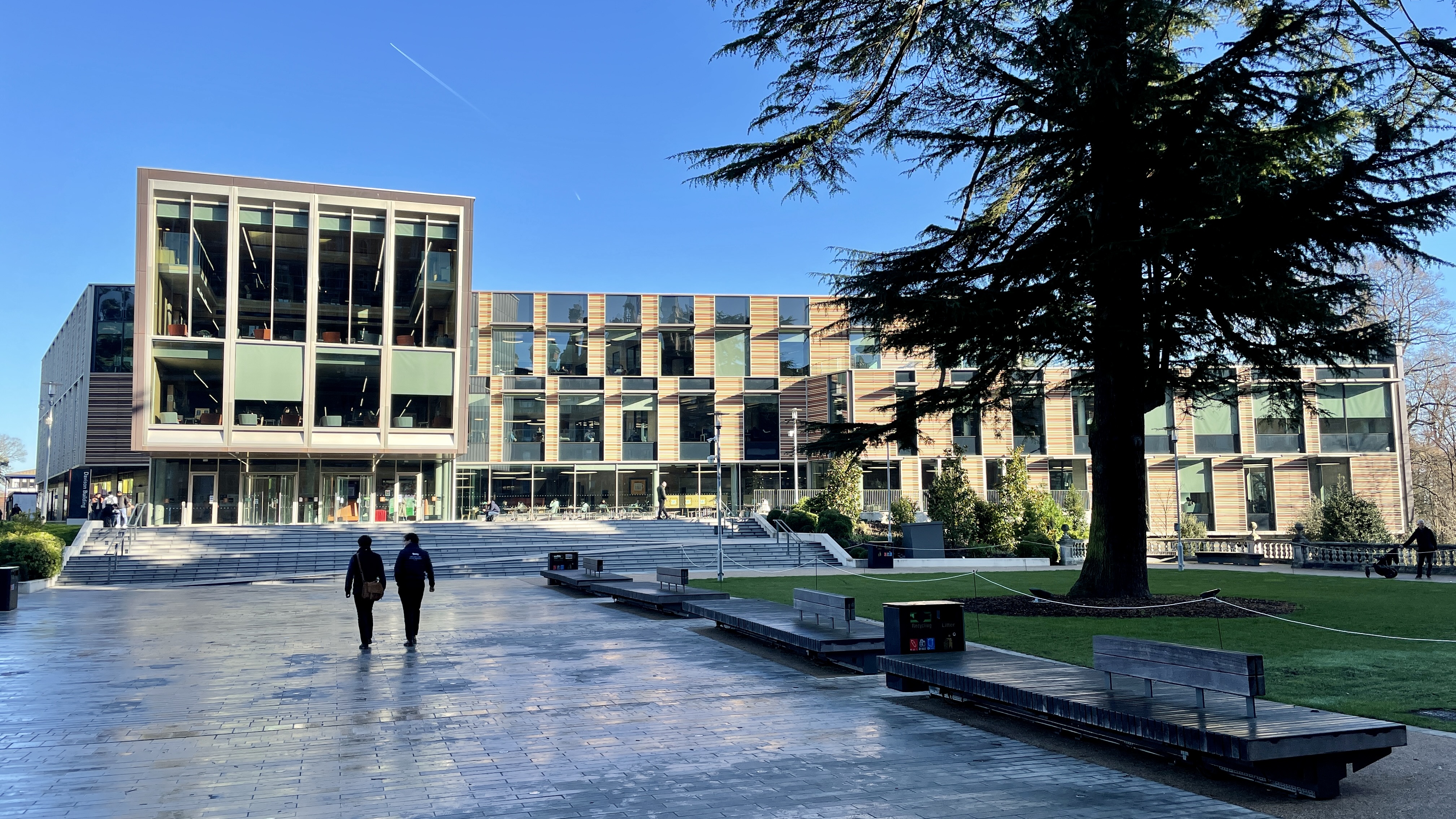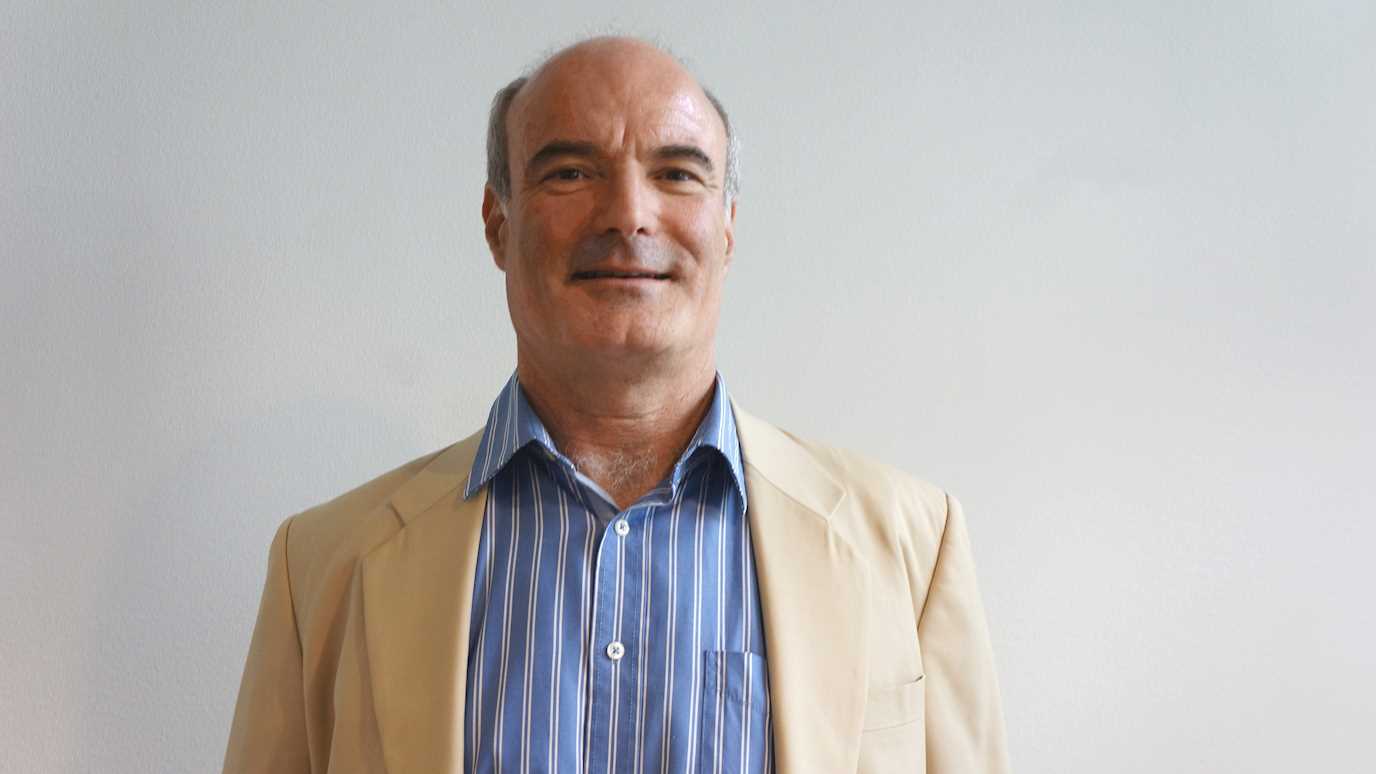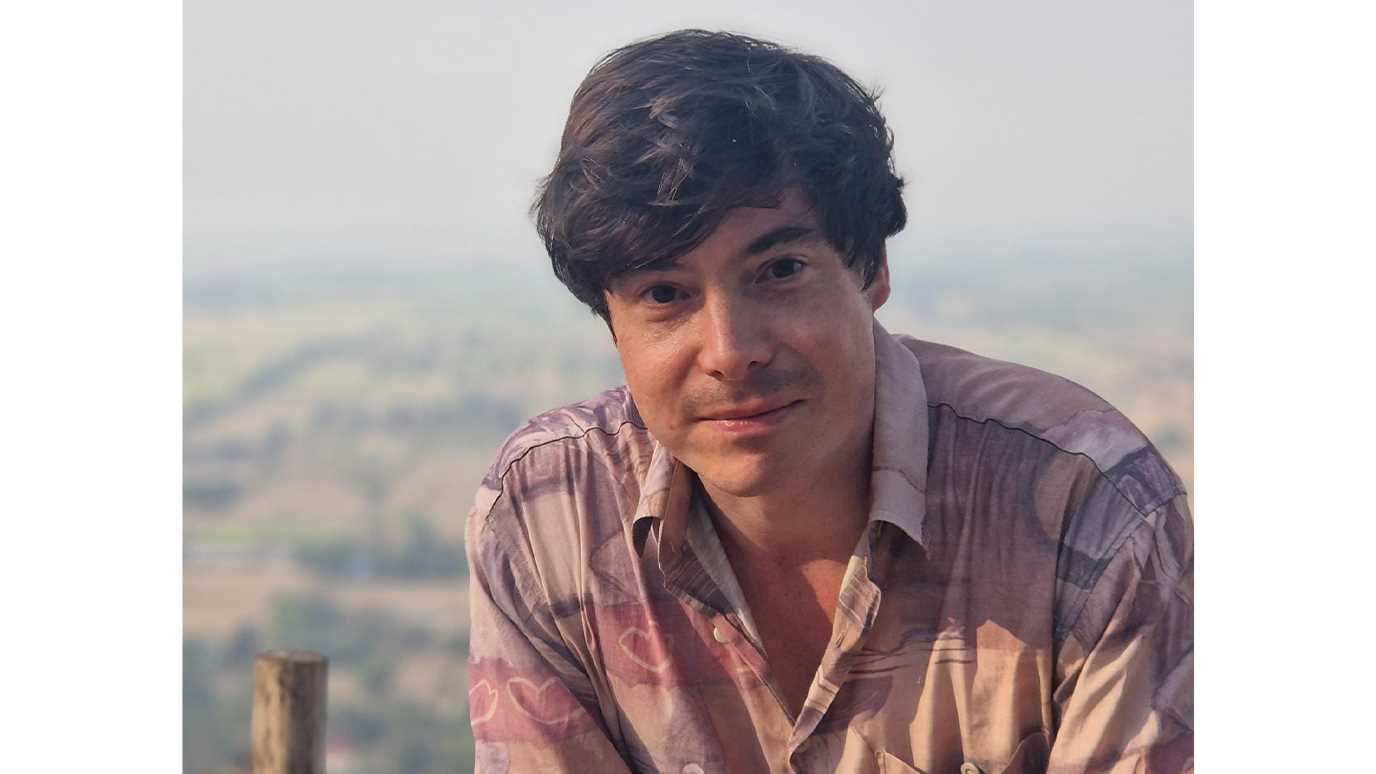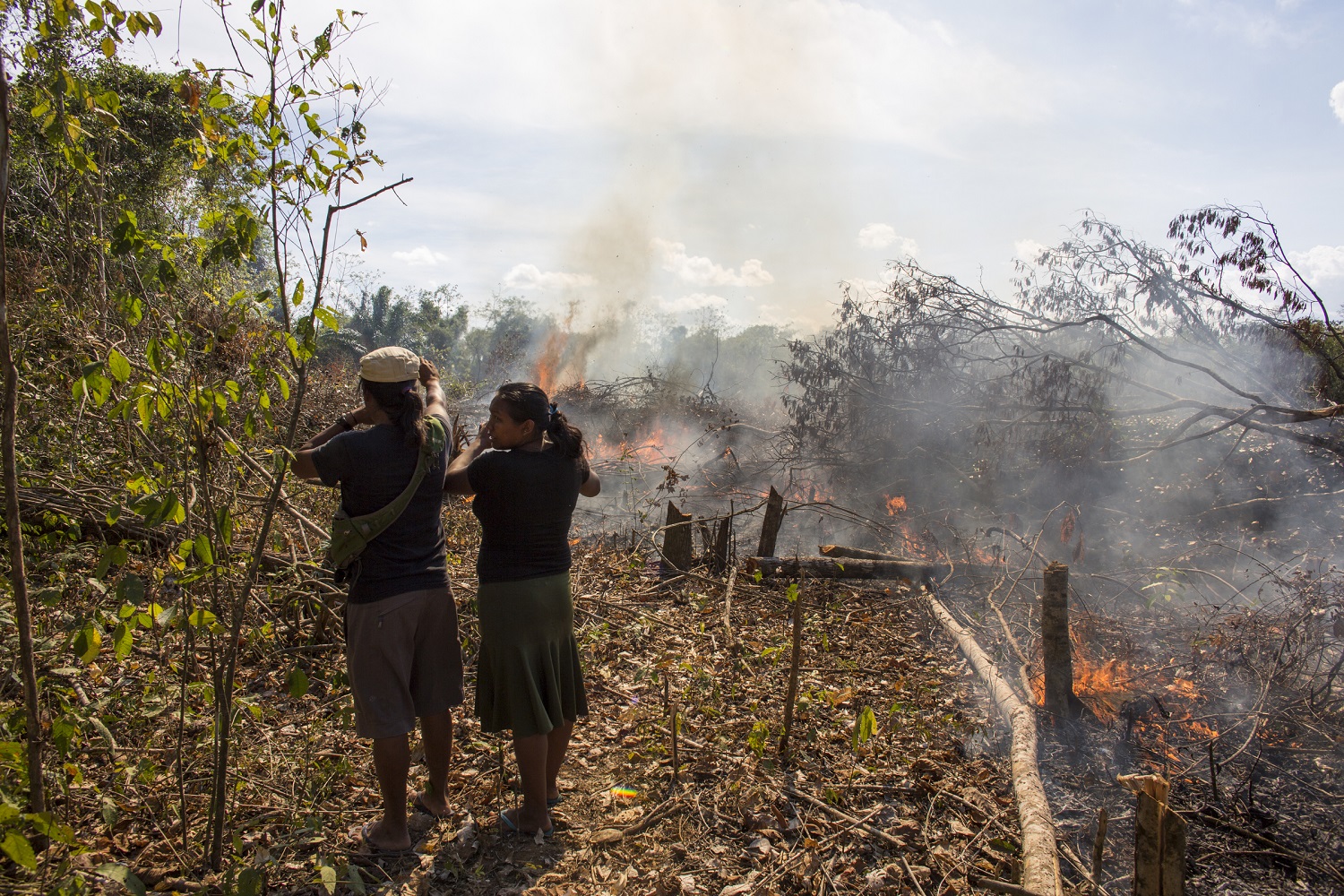Congratulations on the publication of ‘Going Nowhere Fast; Mobile Inequality in the Age of Translocality’ written by Dr Laurie Parsons from the Department of Geography at Royal Holloway, University of London, with co-author Dr Sabina Lawreniuk, a Leverhulme Early Career Fellow at Royal Holloway and now at Nottingham University.
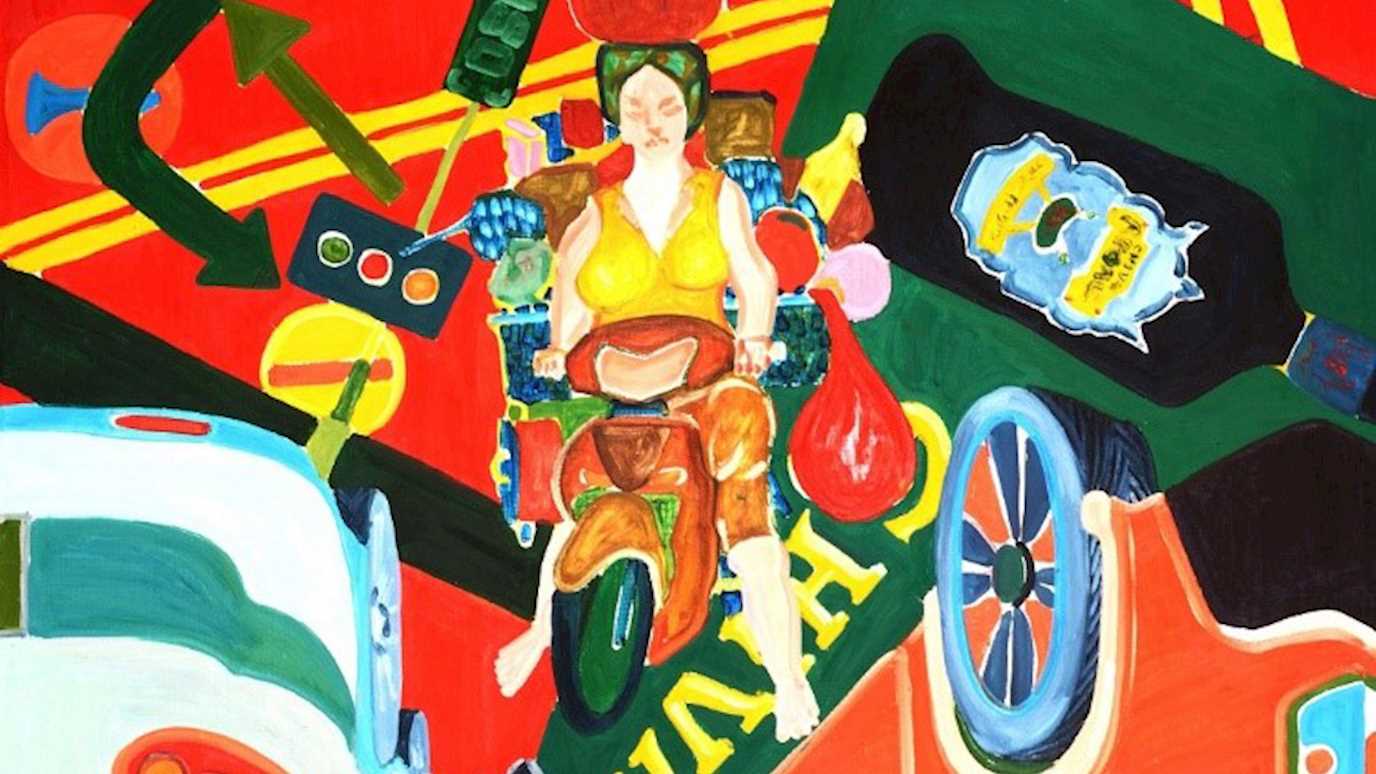
Going Nowhere Fast: Mobile Inequality in the Age of Translocality, book cover
The book explores how rising levels of global inequality and migrant flows are both critical global challenges. Set within the Southeast Asian nation of Cambodia, Going Nowhere Fast sets out to answer a question of global importance: how does inequality persist in our increasingly mobile world?
Inequality is often referred to as the greatest threat to democracy, society, and economy, and yet opportunity has apparently never been more accessible. Long and short distance transport - from motorbikes to aeroplanes - are available to more people than ever before and telecommunications have transformed our lives, ushering in an era of translocality in which the behaviour of people and communities is influenced from hundreds or even thousands of miles apart. Yet amidst these complex flows of people, ideas, and capital, persistent inequality cuts a jarringly static figure. Going Nowhere Fast brings together a decade of research to examine this uneven development in Cambodia, making a case for inequality as a 'total social fact' rather than an economic phenomenon, in which stories, stigma, obligation and assets combine to lock social structures in place.
Going Nowhere Fast: Mobile Inequality in the Age of Translocality speaks from an in-depth perspective to an issue of global relevance: how inequality persists in our hypermobile world. Focusing on pressing issues in Cambodia that resonate beyond, it investigates how human movement within and across the nation's borders are intertwined with societal threats and challenges, including of precarious labour and agricultural livelihoods; climate and environmental change; the phenomenon of land grabbing; and the rise of popular nationalism.
Dr Laurie Parsons commented,
“Inequality, famously, is a slippery and evasive beast. It is at once poise and poverty; passed exams and flooded fields, but—to the frustration of those who recognise its looming presence and seek to curb it—it is none of these things, nor even a definable set of them. Individual measures may reveal one ‘face’ of inequality, but in doing so, they reveal little or nothing of its totality. The challenge lies not in identifying and measuring inequality within pre-set categories, but linking them; understanding how each emerges from and feeds back into the whole.
Information asymmetries, patronage and prejudice are not externally imposed obstacles, but key components of the implicit, protean, yet durable structures that mould a society on the move. Mobile Inequality in the age of translocality is therefore the ghost in the machine; the undergirding logic that co-ordinates and directs the flow of resources in motion; that most visible of invisible hands.”
The book is part of the Critical Frontiers of Theory, Research, and Policy in International Development Studies series: the official book series of the Development Studies Association of the UK.
Published by Oxford University Press.
Link to OUP page: (external link)










